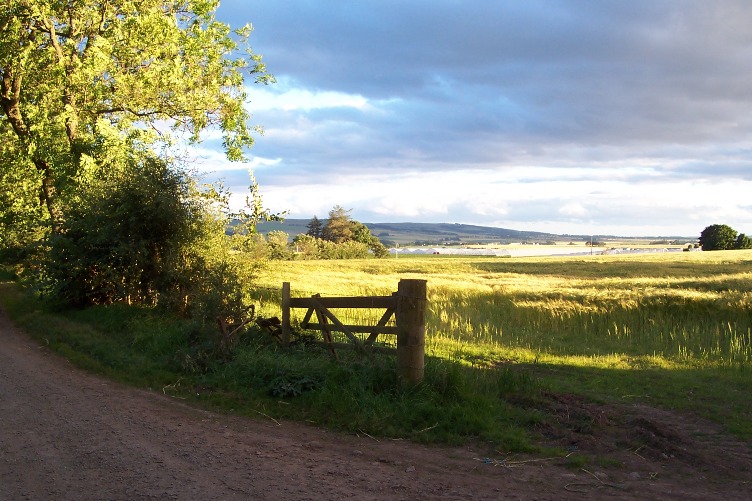
A third of Scottish farmers are planning to make major capital investment in their businesses over the next year according to chartered accountants and business advisers Johnston Carmichael. The firm has unveiled a survey of farmers across Scotland which has also highlighted that a majority have no business succession plan in place which highlights the challenge which this issue poses for the industry.
31 per cent of those surveyed said they planned to make ‘major capital investment’ over the next 12 months with the vast majority seeking additional finance facilities from their bank to support this. This comes despite the anticipated cut in the annual investment allowance for qualifying capital expenditure which is due to fall from its current level of £500K at the end of this year but reflects the appetite of the banks to lend in a low interest rate environment to the farming industry.
More than half the respondents (56%) indicated they have no succession plans in place for their agriculture business, a potential area of concern given that more than 60 per cent of those who were surveyed were over the age of 50. A majority (54%) said they felt selling prices was the single biggest concern for their business while input costs and the recent reform of the EU’s Common Agricultural Policy (CAP) also rank among the key issues facing the sector in Scotland.
With the new CAP funding scheme in operation, 79 per cent of respondents say they expect to receive a lower payment with the clear implications that this will have for the viability of many faming businesses. While alternative sources of funding are still available via the Scottish Rural Development Programme (SRDP) scheme, only 43 per cent of respondents indicated they were planning to apply for grants under this arrangement.
Tax was also another significant issues amongst respondents with over 70 per cent saying the Scottish Government’s new powers to vary income tax rates and bands, coming into effect next April, could have a negative impact on their business. Only eight per cent believe this move could have a positive benefit.
The survey was based on 103 responses from a mixture of landowning and tenant farmers covering a cross section of the sector including dairy, beef, sheep, arable and mixed operations.
Neil Steven, an agricultural partner at Johnston Carmichael said: “In a sector which is traditionally cautious in its outlook, our survey highlights a relatively upbeat mood and resilience amongst Scottish farmers with more than three quarters saying they are either feeling ‘positive’ or ‘on the fence’ about the year ahead compared with only 23 per cent who feel downbeat about prospects over the next 12 months.
“The financial pressure which the industry is facing is reflected in farmers’ top three concerns of selling prices, input costs and CAP reform. All of these have a significant bearing on business profitability and are shaped by global market forces which local farmers have little ability to control.”
“Bearing in mind these considerable challenges, the fact that one third of Scottish farmers are planning major capital investment in the year ahead, especially when the annual investment allowance for capital allowances tax relief is set to fall, is encouraging and reflects the opportunities which many farmers see to invest in new efficient technology in a low interest rate environment. While the degree of this planned investment will differ between agriculture businesses, it shows that many famers have confidence about the long term prospects of the sector. It is hoped that the new Government will maintain an appropriate level of capital allowances tax relief to incentivise more farmers who might be considering greater investment into their businesses in order to drive down costs.”
“The survey also highlights concerns about taxation levels along with a high proportion of farmers with no clear succession plan in place. Given that other key sectors, including food production, brewing and whisky, rely on a healthy farming industry, governments in London and Edinburgh should be mindful that they don’t impose extra burdens on farmers which could deter future generations from entering the industry.”
“While our survey highlights that many believe there are opportunities within the agriculture sector, it also faces real challenges including a more volatile market place, a likely reduction in subsidy levels and a lower return from traditional farming activities. To help address these issues many farmers will need to review their business model to maximise existing revenue streams and consider new ones which could produce a better return on capital. Greater financial planning with budgets and projections which reflect the benefits of capital investment can also help enhance performance within a sector which remains vital to the Scottish economy.
Johnston Carmichael will host a meeting with the Royal Highland Agricultural Society of Scotland and other leaders from across the nation’s farming industry later this year to discuss potential solutions to the key issues highlighted in this survey.
